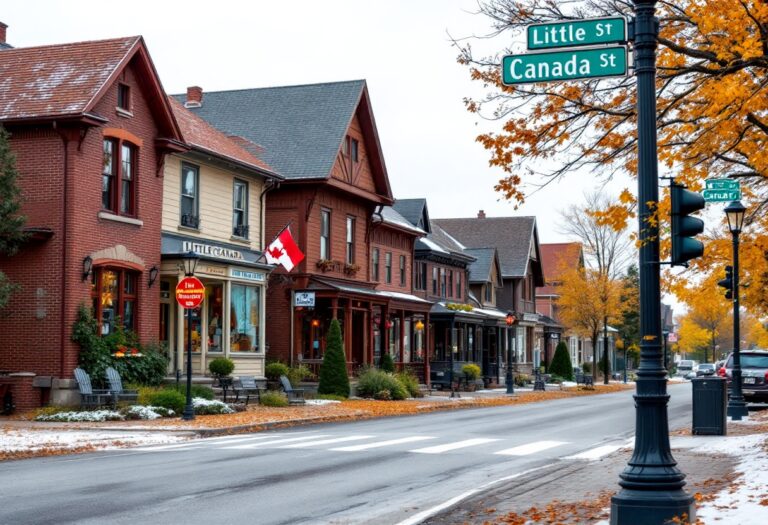Unraveling the enigma of street names and their Canadian connections

Topics covered
The mystery behind Elgin’s Little Canada: A neighborhood with a name
When you first hear about a neighborhood called Little Canada in Elgin, it might raise a few eyebrows. The name suggests a connection to the Great White North, yet many residents are left scratching their heads, wondering why their streets bear the names of Canadian provinces.
This peculiar naming convention has sparked curiosity and led to a quest for answers about the origins of Little Canada.
Understanding the neighborhood’s unique identity
Little Canada is not just a quirky name; it represents a community that has embraced its identity over the years.
The streets, such as Manitoba Avenue, Quebec Place, and Ontario Court, are named after Canadian provinces, creating a sense of place that feels both familiar and foreign. The origins of this naming convention date back to the early 1980s when the homes in this area were approved as part of a council and private development. However, the reasons behind the Canadian street names remain elusive.
Community insights and historical context
In an effort to uncover the mystery, local residents have been consulted, but the answers have been surprisingly consistent: no one seems to know why the streets are named after Canada. A former planner from Moray Council, who played a significant role in the development of Elgin, also expressed uncertainty, stating, “I’m not aware of any links between Elgin and Canada.” This lack of clarity has led to speculation about the potential reasons behind the names.
Possible connections to Canada and beyond
While the direct connection between Elgin and Canada remains ambiguous, there are several theories worth exploring. One possibility is that the names were chosen to honor the military ties between Moray and Canada, which date back to World War II. During the war, allied aircraft from Canada were stationed at RAF Dallachy, located north of Fochabers. This historical connection has been commemorated through remembrance services held annually on Canada Day.
Another theory suggests that the names could reflect the Scottish emigration to Canada during the 18th and 19th centuries, as many Scots settled in various parts of Canada. Alternatively, it is possible that the names were simply chosen for their aesthetic appeal, without any deeper significance. Regardless of the reasoning, Little Canada has become an integral part of Elgin’s identity, prompting residents and visitors alike to ponder its origins.
Conclusion: A neighborhood steeped in curiosity
As the search for answers continues, Little Canada remains a neighborhood rich in curiosity and charm. Whether the names were inspired by military connections, historical emigration, or simply chosen for their uniqueness, they have undoubtedly contributed to the character of Elgin. The mystery of Little Canada may never be fully solved, but it serves as a reminder of the stories and histories that shape our communities. If you have any insights or theories about the origins of Little Canada, feel free to share your thoughts!





Leave a Reply